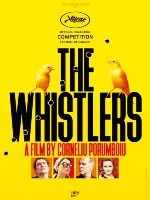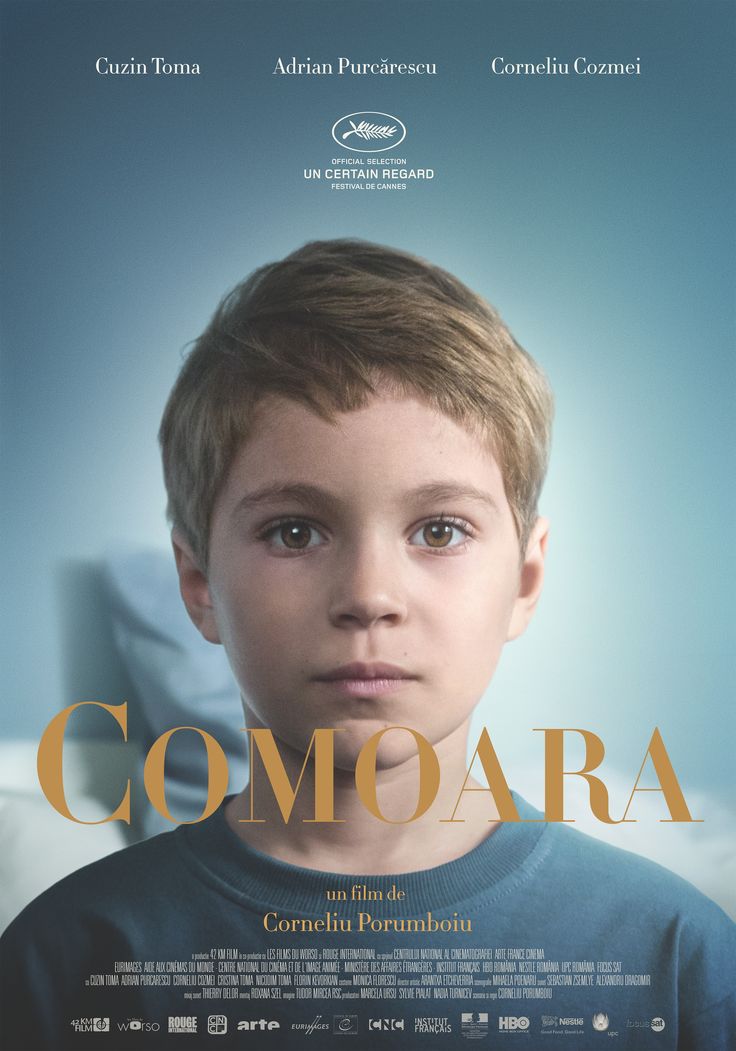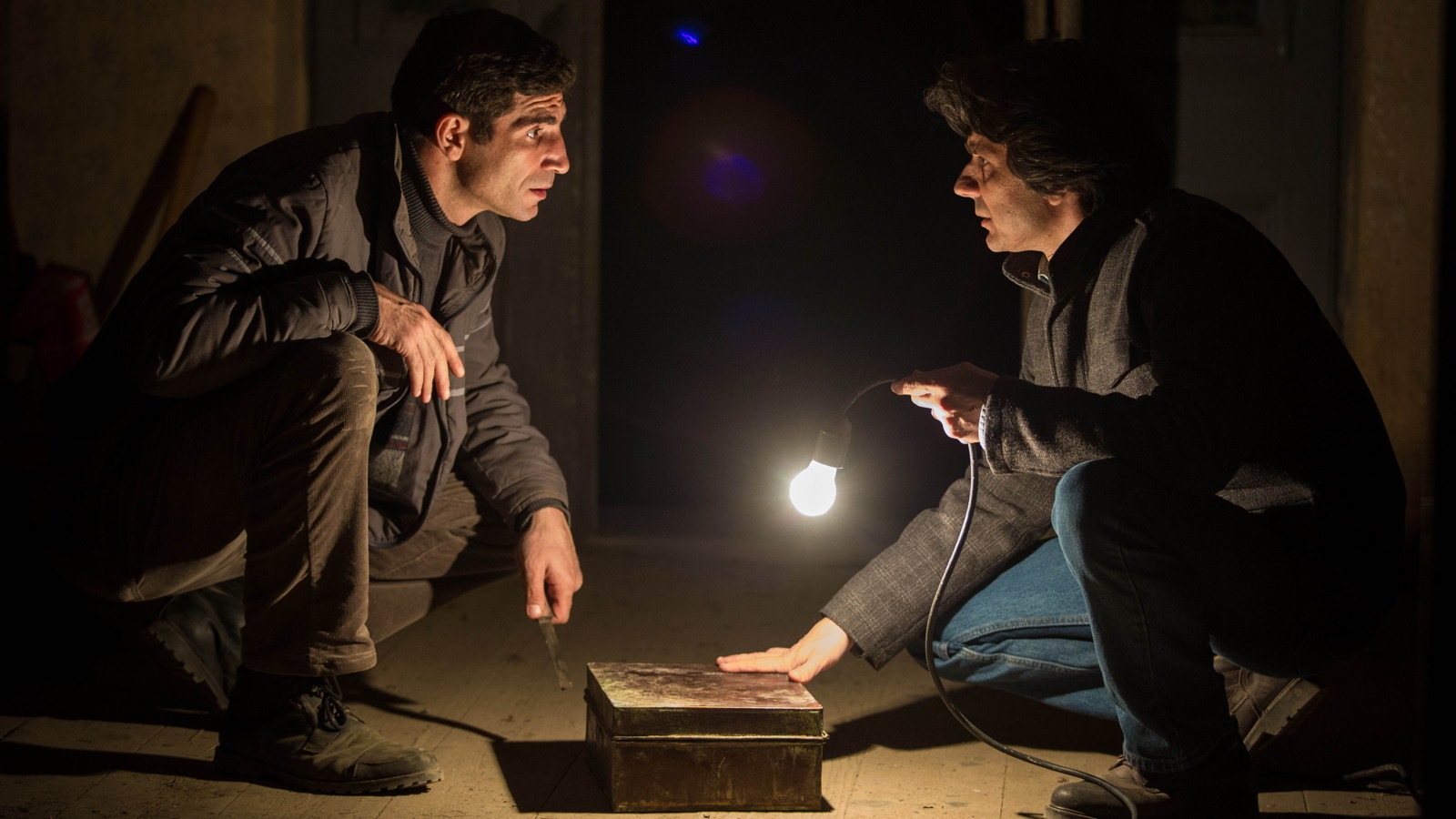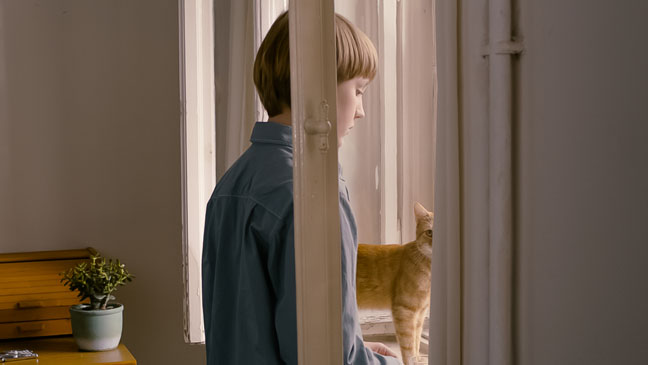 Amir here, back to finish my TIFF diary. With the bad taste of my previous roundup washed away, it's time to move on to the good stuff. And boy did we have a lot of that.
Amir here, back to finish my TIFF diary. With the bad taste of my previous roundup washed away, it's time to move on to the good stuff. And boy did we have a lot of that.
As a diligent ticket stub collector (I know some of you do that, too) it wasn't hard for me to look back at the previous editions of the festival, put the films side by side and compare this year to past festivals. Without a doubt, my 2013 lineup is the cream of the crop. So strong were the films I watched this year that my TIFF top ten can easily match the quality of any of my year-end top tens. Still, I hesitate to call this a good year for Toronto. TIFF is, by nature, impossible to classify as having a "good" or "bad" year. The festival's gargantuan program offers nearly 300 films and each person's experience hinges entirely on their particular selections. Essentially, every year is a good year for TIFF and every years is also a bad one. It all depends on which tickets you buy.
Yet, the films themselves aren't the only thing that made this festival special for me. The people did, too. Boring as it might be for you to read, I'd be cheating you if I pretended that the cinema was all I had on my mind, that the conversations and the atmosphere didn't affect my experience of the festival. And that's really what makes the whole ordeal worth it. Sure, I watched a few early morning screenings with pins holding my eyes open, but would you pass up on the chance to talk about actresses with Nathaniel and Nick over beer and nachos? Yes, I had to skip a screening I had paid for, but I dare you to find an Iranian cinephile who wouldn't take a dream-come-true interview with Asghar Farhadi over any film. I should have probably given a film its fair due by not watching it hungover, but hey! I got to Karaoke with the two German brothers who made my favourite film of the festival, so that's a win-win in my books. That's not to mention the invaluable friends I've made among journos whom I cherish more than the films I watched. The point is, the standard of films was more consistently great than previous years, but the mood was set just right, too. I'm aware, however, that most of you would rather read about the films than my beer-fuelled adventures, so let's get right to the point.
Starting from the top, the aforementioned German film by Ramon Zurcher, The Strange Little Cat, was the clear highlight for me... [more]
Click to read more ...
 Saturday, November 30, 2019 at 4:00PM
Saturday, November 30, 2019 at 4:00PM  As Noirvember comes to an end, it's interesting to peruse the current Awards hopefuls in search of some examples of film noir. Lynn Lee already defended the merits of Edward Norton's Motherless Brooklyn, but my attentions were drawn, as usual, to the Best International Feature category. Amid the record-breaking 91 submissions, we can find a peculiar experiment of deconstructed noir archetypes and mechanisms. It comes from one of those countries whose historical lack of a nomination is an absurdity and reflects poorly on the Academy.
As Noirvember comes to an end, it's interesting to peruse the current Awards hopefuls in search of some examples of film noir. Lynn Lee already defended the merits of Edward Norton's Motherless Brooklyn, but my attentions were drawn, as usual, to the Best International Feature category. Amid the record-breaking 91 submissions, we can find a peculiar experiment of deconstructed noir archetypes and mechanisms. It comes from one of those countries whose historical lack of a nomination is an absurdity and reflects poorly on the Academy.







